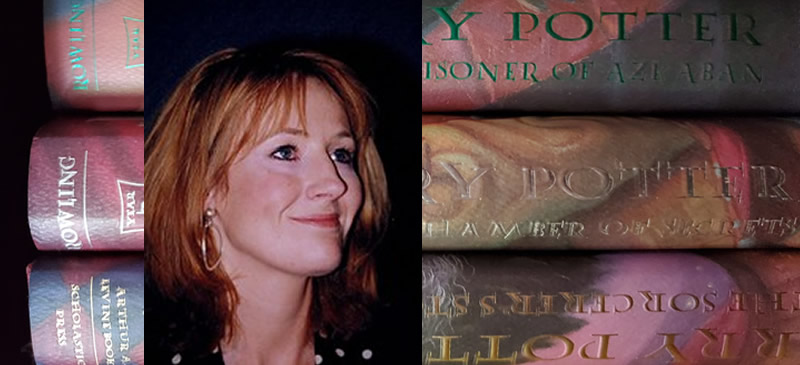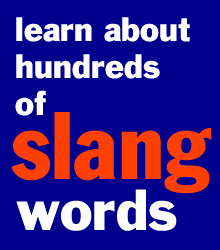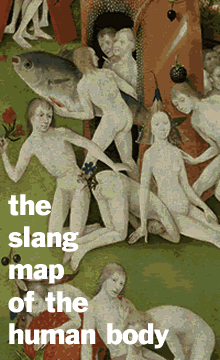TERF
Dear AC,
Recently, I’ve been seeing the word TERF a lot online, especially about J.K. Rowling. I get that it has to do with trans people, but is it an insult? And is J.K. Rowling a “TERF”?
Martha in Las Vegas
 ROwling in Happier Days // photo credit: AUTHOR J.K. Rowling by John Mathew Smith & www.celebrity-photos.com (CC BY-SA 2.0)
ROwling in Happier Days // photo credit: AUTHOR J.K. Rowling by John Mathew Smith & www.celebrity-photos.com (CC BY-SA 2.0)
Dear Martha,
J. K. Rowling’s fans grew up reading her Harry Potter books, which were originally published between 1997 and 2007. Many of them (transgender and otherwise) identified with Harry because like them, he was an outsider. In 2007, after the series had been completed, she announced that Dumbledore, a key figure in the stories, was gay, though this detail was not included in the books. This made her seem like an ally to the LBGTQ community. However, many of these same fans have been disappointed by Rowling’s recent statements, which they see as transphobic.
What is a TERF?
TERF is an acronym that stands for Trans-Exclusionary Radical Feminist. Those labeled TERFs claim that the term is inaccurate because they consider transgender men to be women and do not exclude them from the feminist community. However, TERFs are actually called trans-exclusionary because they exclude transgender women from the category of women—they believe that only women assigned female at birth (AFAB) can belong to that group.
Is JK Rowling a TERF?
Yes. She has repeatedly stated that only “natal” (i.e., AFAB) women should be considered women under the law. An essay she published on her website on June 10, 2020 in defense of her position includes paragraph after paragraph of explanations as to why trans women should not be considered “real” women.
One of her key arguments is that it will make “natal girls and women less safe” if trans women are allowed to use women’s facilities because “[w]hen you throw open the doors of bathrooms and changing rooms to any man who believes or feels he’s a woman … then you open the door to any and all men who wish to come inside.”
Unfortunately, this argument is a “slippery slope” fallacy—it makes a series of assumptions starting with a small change she does not like (trans women having access to women’s facilities) and claiming this will be inevitably followed by increasingly bad scenarios until the worst happens—in this case that women’s bathrooms and department store dressing rooms will be overrun by sexual predators.
Rowling provides no evidence that this might actually happen, but as even she admits, there is considerable evidence that the reverse is true: Transgender individuals are likely to be the victims of assault. According to a 2014 report by The Office for Victims of Crime (a division of the US Office of Justice), at least half of trans people will be assaulted or sexually abused during their lifetimes.
Is TERF an insult?
Rowling would say yes; I say no. It is a criticism, but it’s used to call out a group of people for their words and actions—not to hurt their feelings. In this sense, it is like calling someone a racist when they use racial slurs or fight laws that protect people of color. Of course, no one wants to be called an oppressor, but Rowling claims that the negative connotation of labeling someone a TERF is used as an “attempt to silence women.” (If so, it was a failure; Rowling’s June 10th essay is thousands of words long.)
Finally, Rowling believes that women who share her opinions are “justifiably terrified by the trans activists” and she fears “violence.” Given the facts, trans women have more to fear from the influential author than the other way around. The greatest threat for Rowling is probably that she will lose the adoration of her fans, as younger generations are increasingly in favor of LGBTQ rights.
![]()
A. C. Kemp
June 13, 2020



